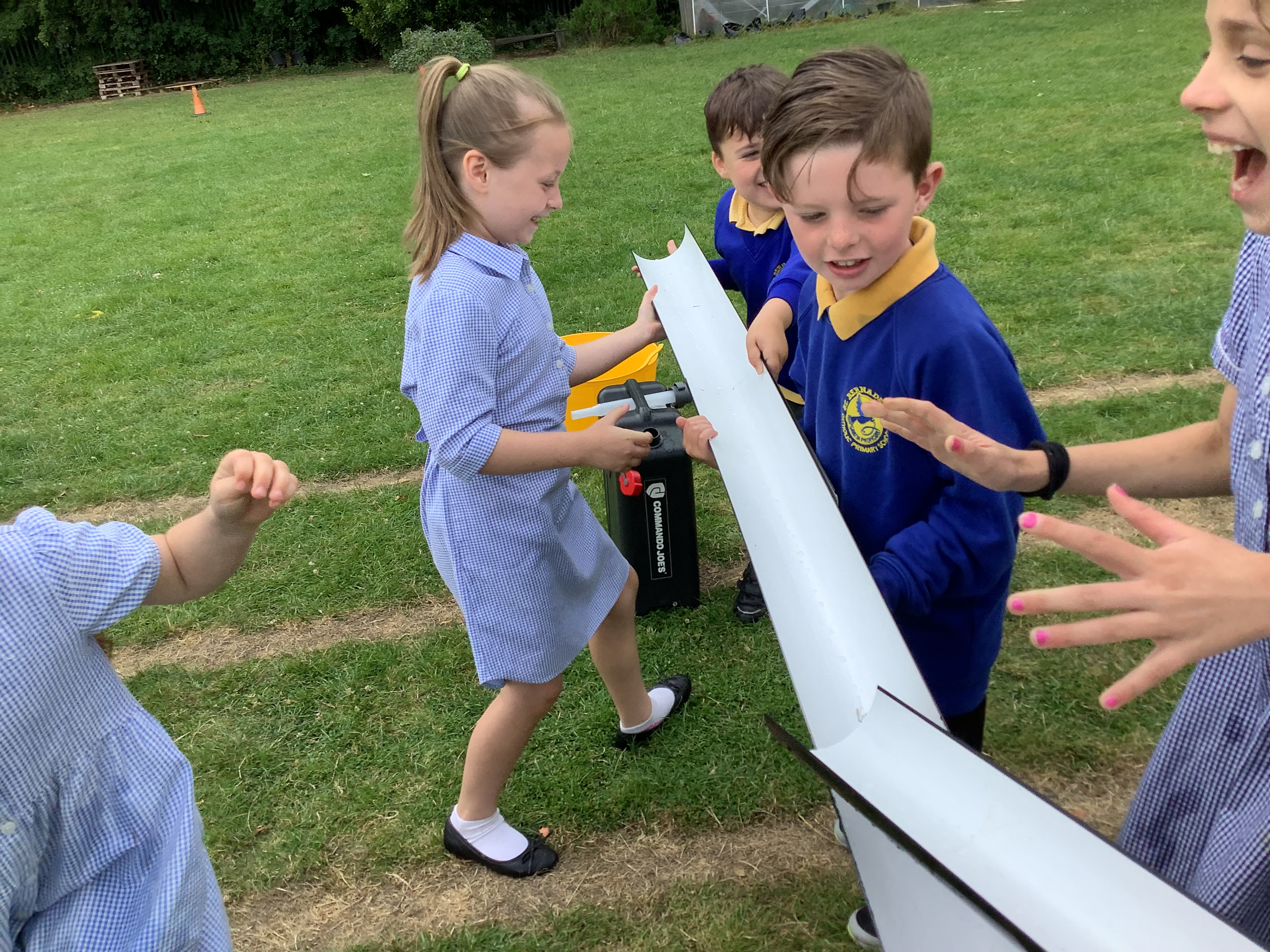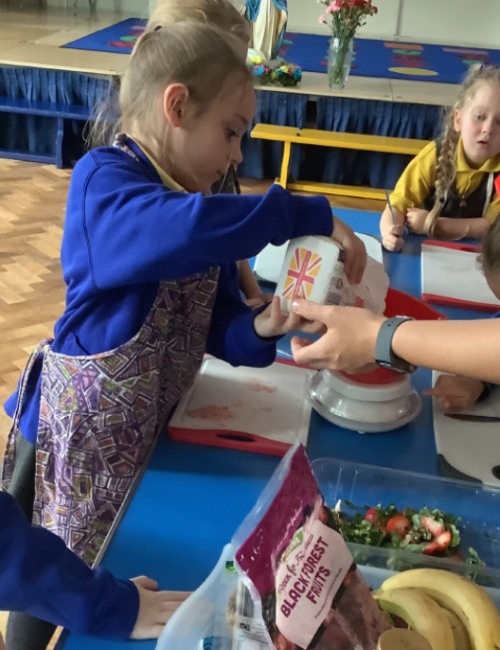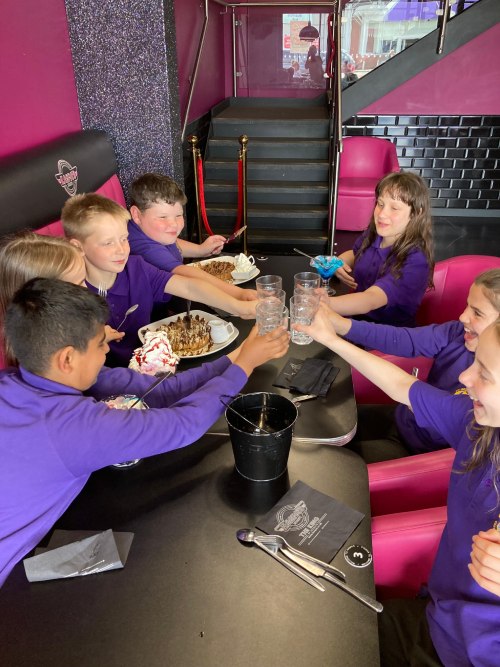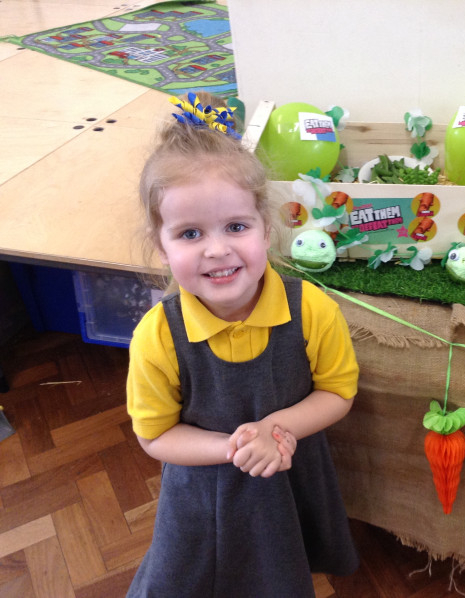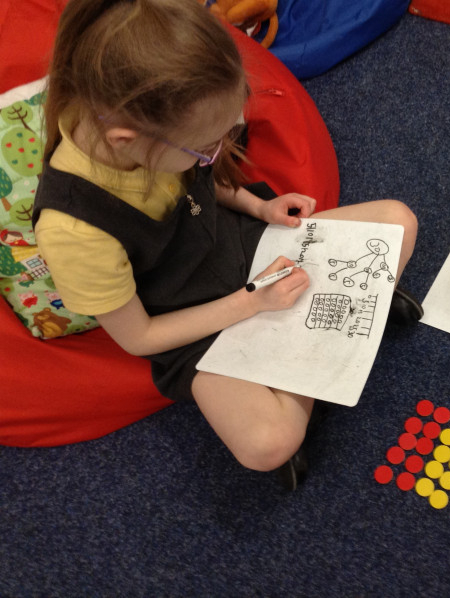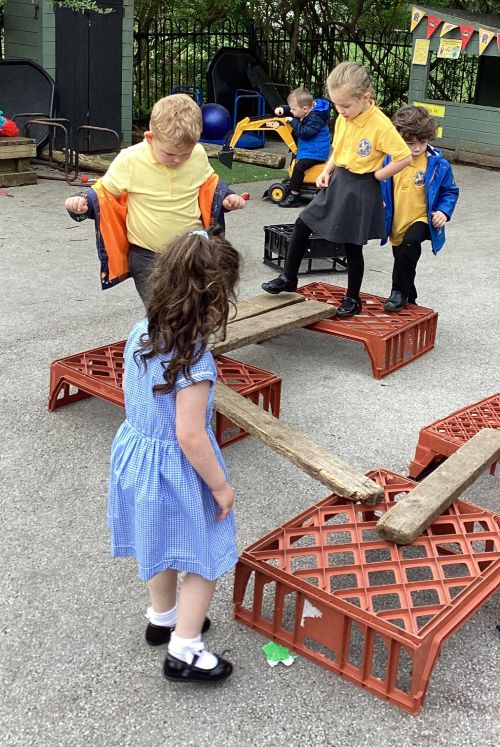History
About History
St. Bernadette’s Primary School will provide a high-quality history education, which will help pupils gain a coherent knowledge and understanding of Britain’s past and that of the wider world. It should inspire pupils’ curiosity to know more about the past.
Teaching should equip pupils to ask perceptive questions critically, weigh evidence, sift arguments and develop perspective and judgement. History helps pupils to understand the complexity of people’s lives, the process of change, the diversity of societies and relationships between different groups, as well as their own identity and the challenges of their time.
Intent
- to promote positive attitudes and enthusiasm for history;
- to ensure the progressive development of historical concepts, knowledge;
- skills and attitude;
- to introduce pupils to what is involved in understanding and interpreting the past.
Taking into account the requirements of the National Curriculum (2014) we ensure all pupils:
- know and understand the history of Britain as a coherent chronological narrative, from the earliest times to the present day, how people’s lives have
shaped this nation and how Britain has influenced and been influenced by the wider world; - know and understand significant aspects of the history of the wider world, the nature of ancient civilisations, the expansion and dissolution of empires,
characteristic features of past non-European societies, achievements and follies of mankind; - gain and deploy a historically grounded understanding of abstract terms such as “empire”, “civilisation”, “parliament” and “peasantry”;
- understand historical concepts such as continuity and change, cause and consequence, similarity, difference and significance and use them to make connections, draw contrasts, analyse trends, frame historically valid questions and create their own structured accounts, including written narratives and analyses;
- understand the methods of historical enquiry, including how evidence is used rigorously to make historical claims and discern how and why contrasting arguments and interpretations of the past have been constructed;
- gain historical perspective by placing their growing knowledge into different contexts, understanding the connections between local, regional, national and international history, between cultural, economic, military, political, religious and social history and between short and long term timescales.
Implementation
History teaching focuses on enabling children to think as historians. We place an emphasis on using a range of sources, both primary and secondary. The requirements of the National Curriculum and the age and ability of the children influence the resources employed.
- Artefacts, pictures and photographs, stories, myths and legends, written sources including documents and printed sources, computer based materials.
- Music
- Visiting adults talking about the past
- Buildings and sites of historical significance, educational visits to museums, the use of fieldwork.
We focus on helping children understand that historical events can be interpreted in different ways and that they should always ask searching questions, such as “how do we know?” about information they are given. Approaches to teaching relate to the historical content and the expected outcomes of learning. Whole class teaching might be suitable for acquiring knowledge, while discussion in small groups gives opportunities for investigation work with artefacts.
Roleplay and simulation activities may help develop understanding and empathy. We recognise the fact that in all classes there are children of widely different abilities in history and we seek to provide suitable learning opportunities for all children by matching the challenge of the task to the ability of the child. We achieve this by:
- Setting common tasks that are open-ended and can have a variety of responses.
- Setting tasks of increasing difficulty – not all children complete all tasks.
- Grouping children by ability and setting different tasks for each ability group.
- Providing resources of different complexity depending on the ability of the child.
- Teacher and/or Teaching Assistant to support children individually or in groups.




















